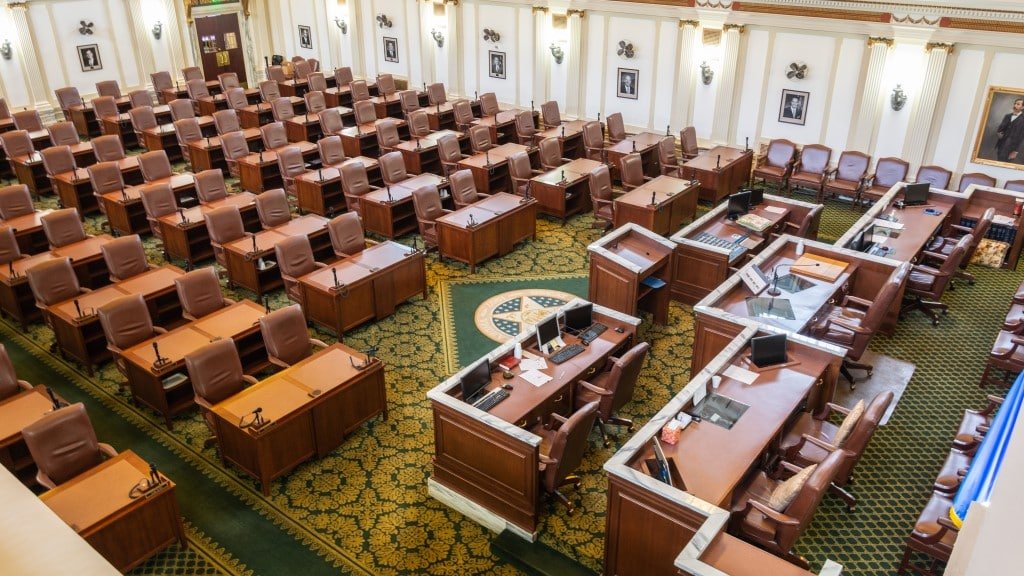The Social Security Fairness Act goes to a vote in the House of Representatives this month
The U.S. House of Representatives is expected to vote in November on H.R. 82, the Social Security Fairness Act, the International Association of Fire Chiefs (IAFC) reported.
This legislation proposes to remove two provisions of the Social Security system that currently prevent some public employees from receiving their full earned benefits.
If passed, the bill would eliminate the Windfall Elimination Provision (WEP) and the Government Pension Offset (GPO).
These provisions affect approximately 2.8 million public service workers across the United States, including firefighters, EMS workers, police officers, teachers, and other public employees, who are currently seeing their Social Security benefits reduced or eliminated. Their own.
Impact of WEP on public employee benefits
The Windfall Elimination Provision (WEP) affects individuals who received a pension or disability benefit from public sector employment not covered by Social Security while also holding separate jobs covered by Social Security.
This provision often reduces Social Security benefits earned from private sector work, even if that income is earned independently.
For example, a firefighter who works part-time at a job covered by Social Security, such as in a retail store, sees a reduction in Social Security benefits earned through that job due to WEP.
The Social Security Fairness Act seeks to address this inequality and restore full Social Security benefits to affected workers.
Effects of government pension compensation on households
Government Pension Offsets (GPO) reduce Social Security spousal or survivor benefits for those whose public sector work does not contribute to Social Security.
This affects the families of many public servants, as it reduces or even eliminates benefits for the spouses of those affected and their surviving spouses.
A GPO can significantly impact widows and spouses of public employees who rely on their partner’s Social Security benefits for financial support.
By eliminating this offset, the proposed Social Security Fairness Act would ensure that families of public service workers receive the full benefits originally intended.
The legislative journey of the Social Security Fairness Act
The Social Security Fairness Act, co-sponsored by Reps. Garrett Graves (R-LA) and Abigail Spanberger (D-VA), has gained momentum.
On September 10, 2024, Graves and Spanberger filed a petition for discharge to fast track the bill to a vote in the House.
In less than 24 hours, the petition garnered 119 signatures, and within nine days, the required 218 signatures were secured, ensuring the bill was taken directly to the floor for a vote.
The IAFC has encouraged its members to contact their representatives, emphasizing that passage of this legislation would provide firefighters, EMS professionals, and other public employees and their families more fair compensation for their years of service.
The US House of Representatives is set to vote on the Social Security Fairness Act, aiming to restore full benefits to public sector employees: a summary
The U.S. House of Representatives will soon vote on the Social Security Fairness Act (H.R. 82), which would repeal two existing provisions — the Windfall Elimination Provision (WEP) and the Government Pension Offset (GPO) — that currently reduce or eliminate Social Security benefits for about 2.8 million government employees in the United States.
These provisions affect workers with public pensions who also receive Social Security benefits from private sector jobs, as well as spouses and surviving spouses of public sector employees.
Sponsored by Reps. Garrett Graves (R-LA) and Abigail Spanberger (D-VA), the bill’s advancement to a vote follows a recall petition that received sufficient support in September.
The IAFC has urged public service workers and supporters to advocate for the bill’s passage, highlighting the impact this change will have on fair compensation for the nation’s firefighters, EMS employees, and other public service workers.











